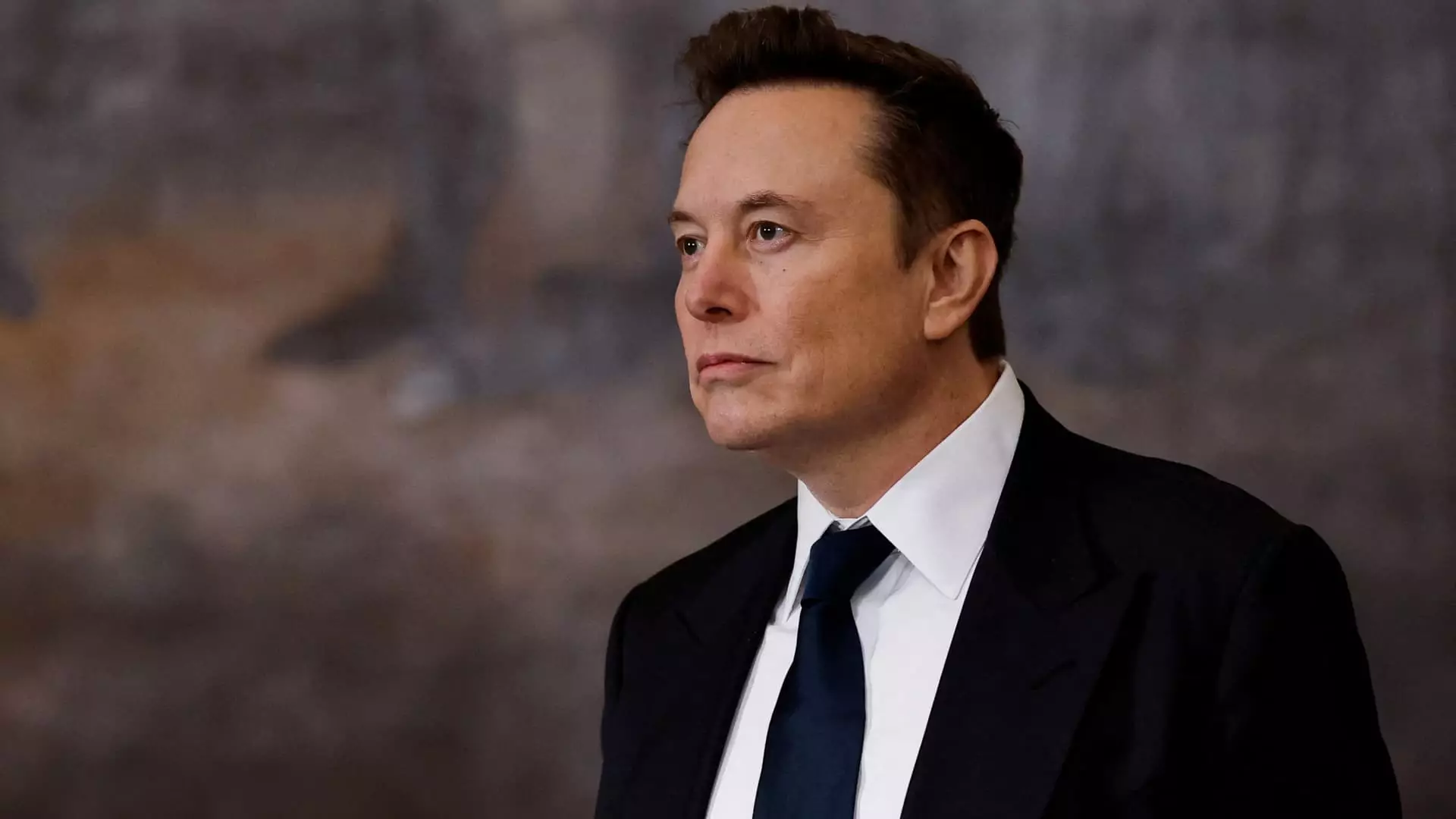In recent weeks, the landscape of federal bureaucracy has been drastically reshaped, led by none other than Elon Musk, the billionaire entrepreneur known for his ventures like Tesla and SpaceX. The federal judiciary is now embroiled in a contentious battle between Musk’s newly established Department of Government Efficiency (DOGE) and major labor unions representing federal employees. This friction has been exemplified by a recent ruling in which a federal judge allowed DOGE to access the U.S. Department of Labor’s systems despite ongoing worries about potential conflicts of interest. The implications of this decision reverberate throughout the federal workforce and the structures within which they operate.
The ruling by U.S. District Judge John Bates has raised alarms among advocacy groups and labor unions. Although Bates addressed some of the apprehensions concerning Musk’s conduct, he ultimately determined that the plaintiffs, in this case the American Federation of Labor and Congress of Industrial Organizations (AFL-CIO), failed to present substantial evidence of immediate harm. AFL-CIO President Liz Shuler characterized the ruling as a setback, emphasizing that the unions remain persistent in their fight against what they perceive to be overreach by Musk’s administration.
This initial setback in the legal arena invites scrutiny not just into Musk’s actions but also into the broader implications of allowing a private businessman the latitude to commandeer and potentially manipulate government operations. The concerns are multifaceted: Could Musk’s access to confidential government information compromise sensitive investigations into his own enterprises or those of his competitors? As the case unfolds, it will be critical to evaluate how much power should be bestowed upon individuals with personal stakes in the outcomes of government functions.
Musk’s appointment to spearhead the Department of Government Efficiency by President Donald Trump is indicative of a significant shift towards privatization and top-down reforms within federal agencies. Musk’s mandate ambitiously aims to identify waste and fraud, tasks traditionally considered within the purview of independent agencies dedicated to such oversight. The broad strokes with which he has begun dismantling established government functions raise questions about the efficacy and ethics of his approach.
Further complicating this landscape is the contention that Musk’s interests might unduly affect decision-making processes. With promises of rooting out inefficiencies, Musk’s agenda may overshadow critical government programs, threatening not only jobs but also essential public services that millions of Americans rely on. For instance, the elimination of the U.S. Agency for International Development (USAID) along with the halting of essential consulting contracts in favor of “efficiency” may have long-term repercussions on America’s global humanitarian efforts.
Amidst these frictions, labor unions are mounting a formidable defense against what they characterize as an unprecedented threat to employee rights and the integrity of federal oversight. The AFL-CIO, with a substantial membership representing approximately 800,000 government workers, signifies a collective effort to resist the policies being enacted by DOGE. They argue that Musk’s access to Labor Department systems could unveil sensitive data that should remain safeguarded, including details from Occupational Safety and Health Administration investigations into his ventures.
Furthermore, the potential for misuse of Bureau of Labor Statistics data to influence economic policy and labor rights is a pressing concern. The unions’ lawsuit emphasizes the need for an independent regulatory environment that is free from corporate influence. The implications of letting someone of Musk’s financial stature wield influence over essential bureaucratic frameworks raise issues of accountability and transparency that cannot be disregarded.
This unfolding scenario raises broader societal questions about the role of affluent individuals in the governance of public institutions. While the pursuit of efficiency—a goal mirrored in many corporate environments—is understandable, the encroachment of private capitalist motives within the structures of democracy must be vigilantly examined. A government tasked with oversight and protection of public welfare should not easily yield its power to individuals whose primary allegiance may lie with profit-driven objectives.
The implications of Musk’s operating paradigm within federal agencies resonate beyond mere policy shifts; they symbolize a trend that may redefine the essence of public service in America. As unions rally to defend their interests, the outcome of ongoing legal battles will ultimately serve as a significant marker of the delicate balance between private enterprise and public interest. The stakes are high, and the need for proactive measures to ensure employee protections and ethical standards in governance has never been more critical.


Leave a Reply